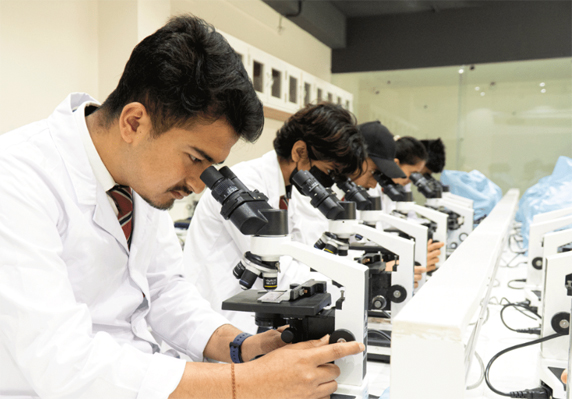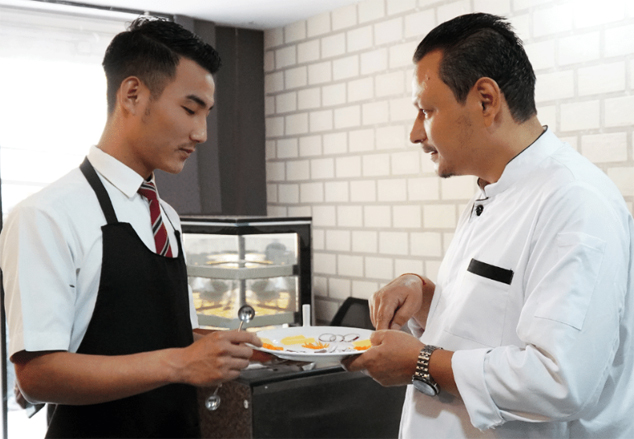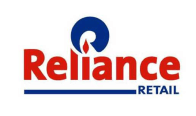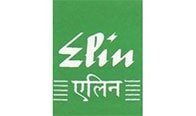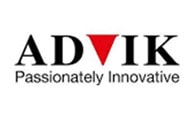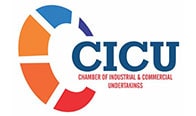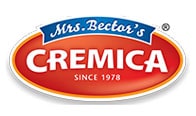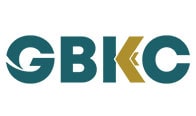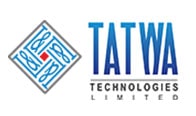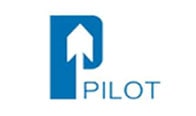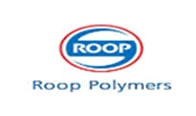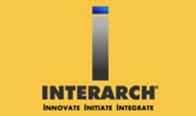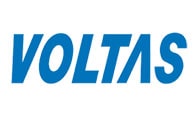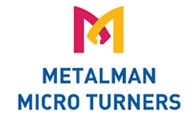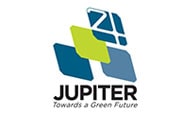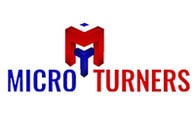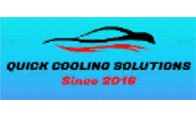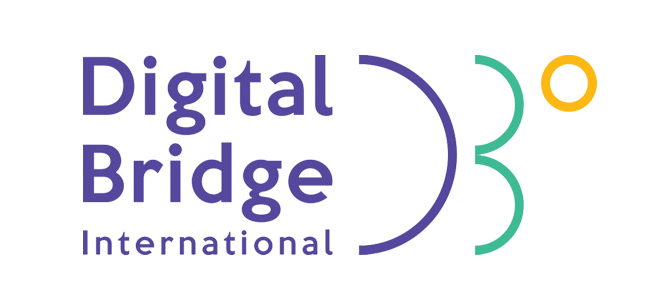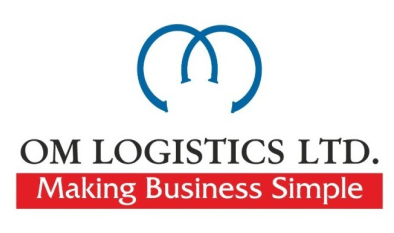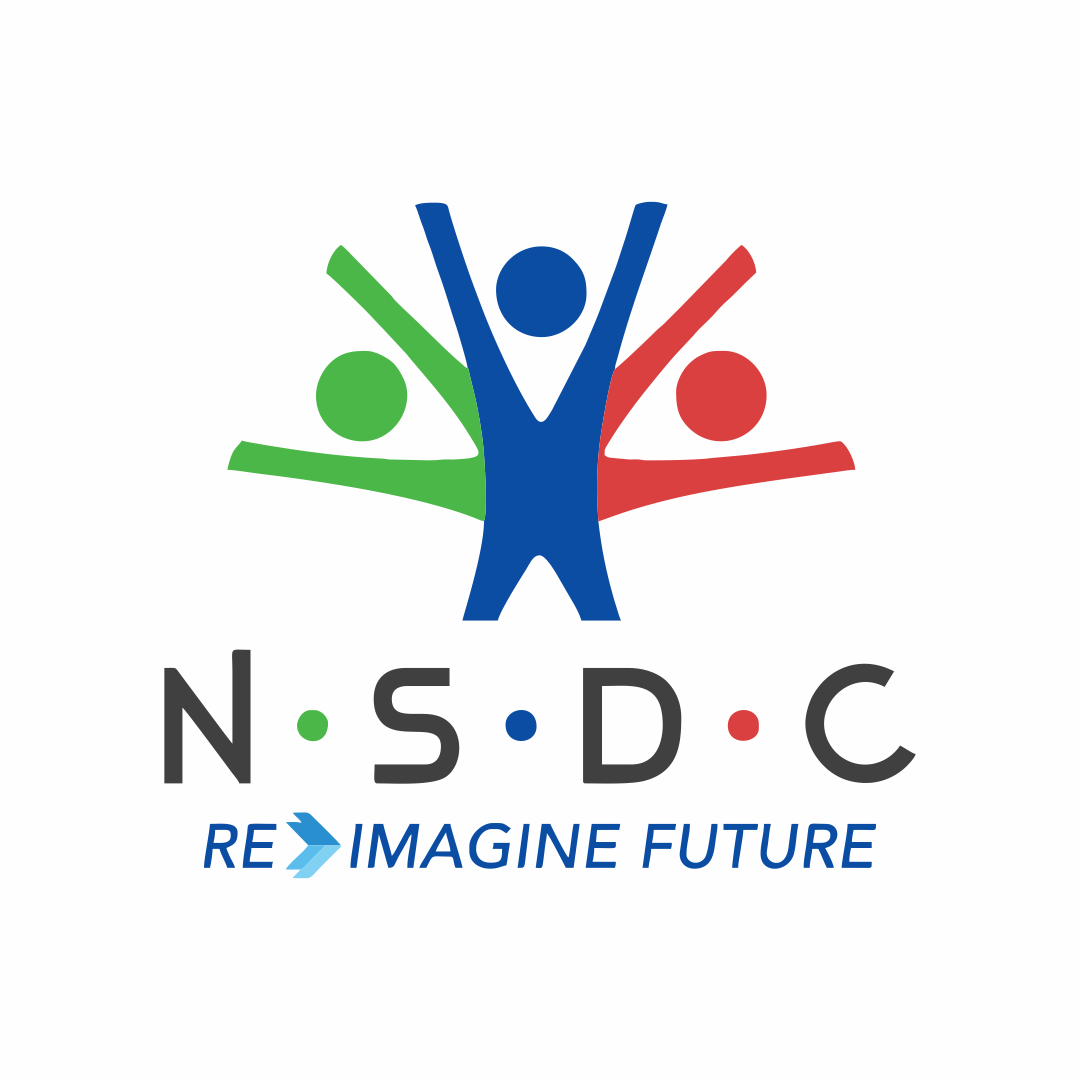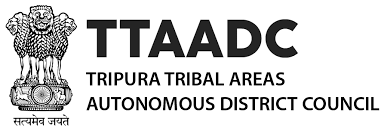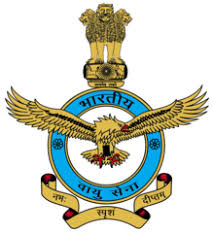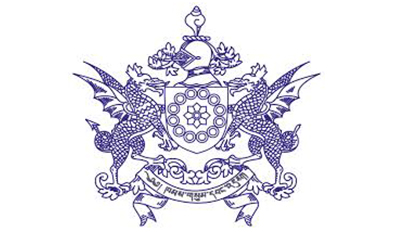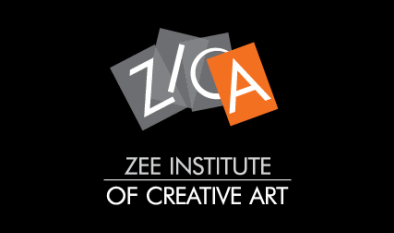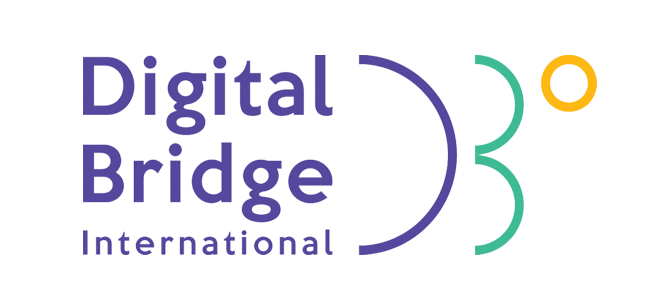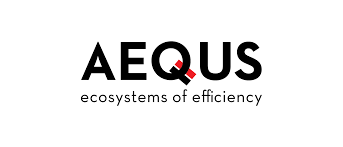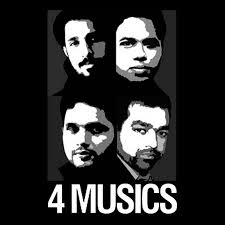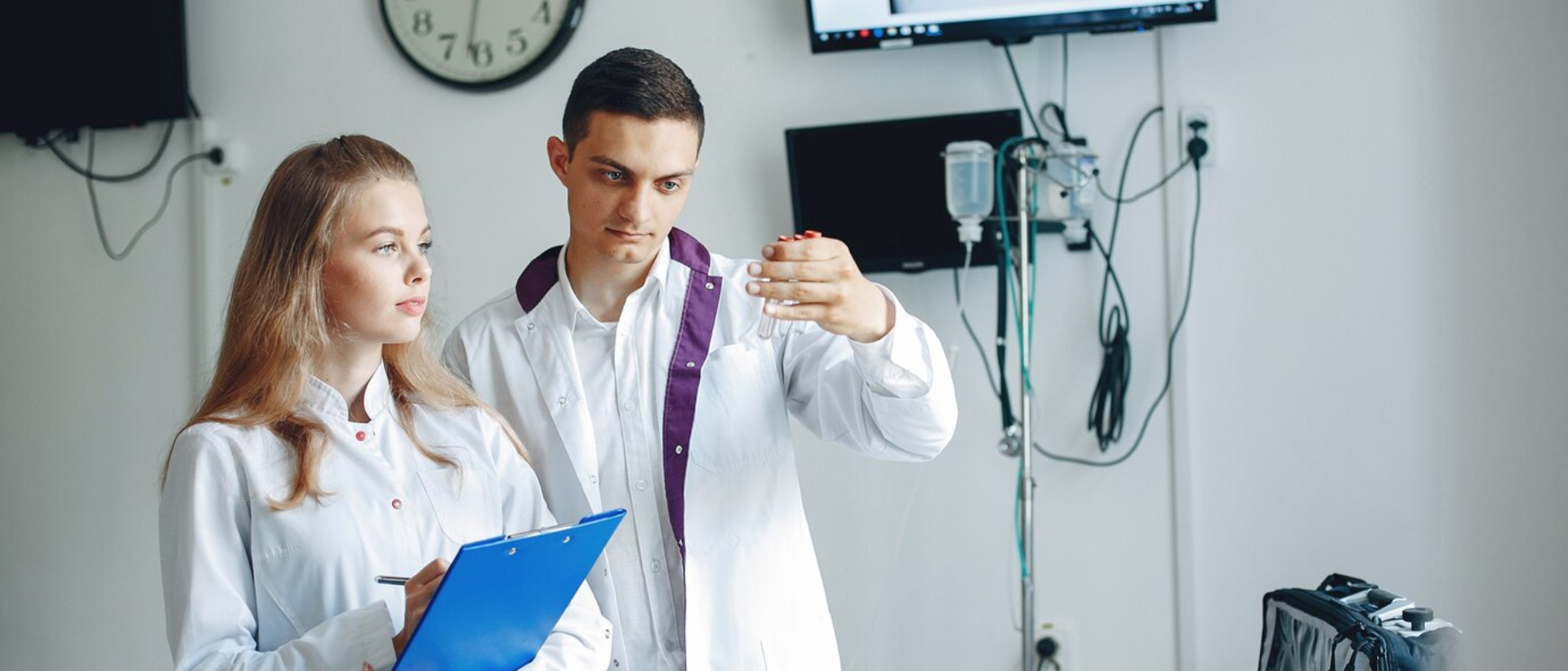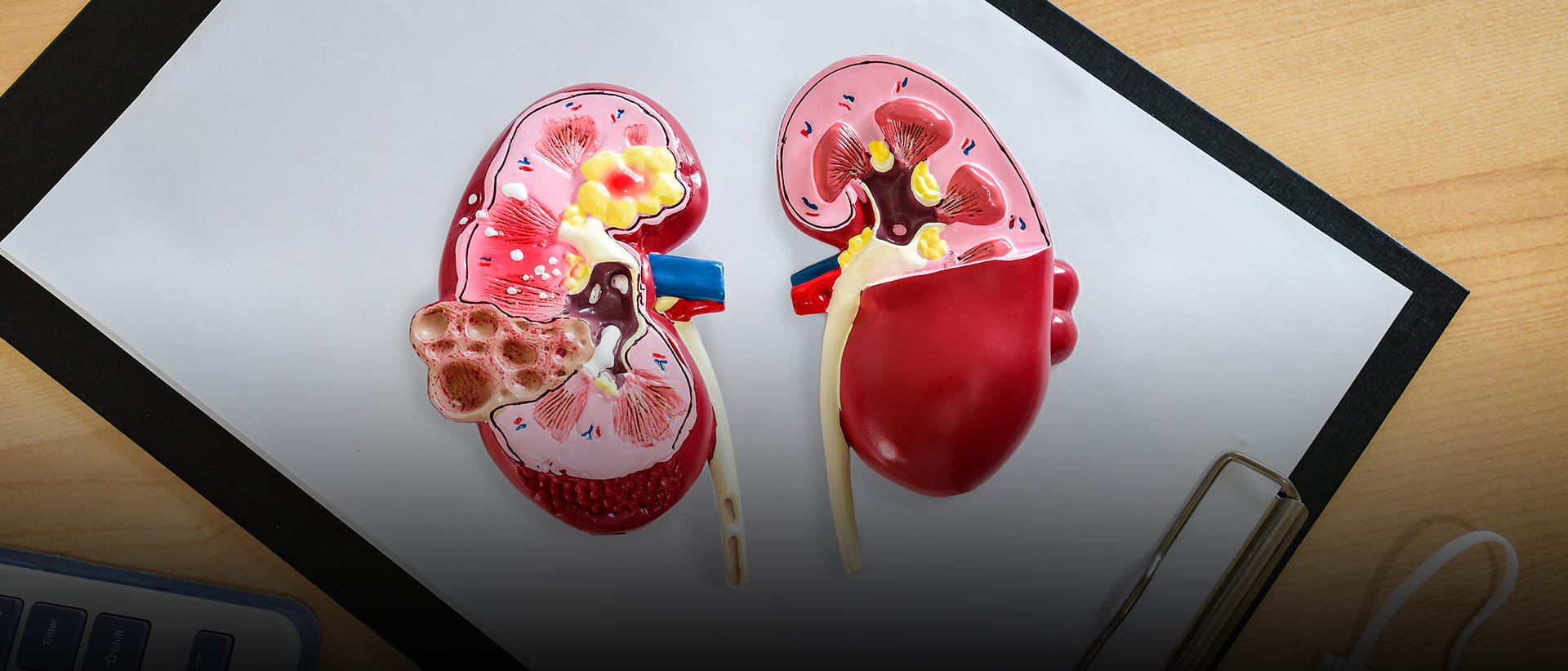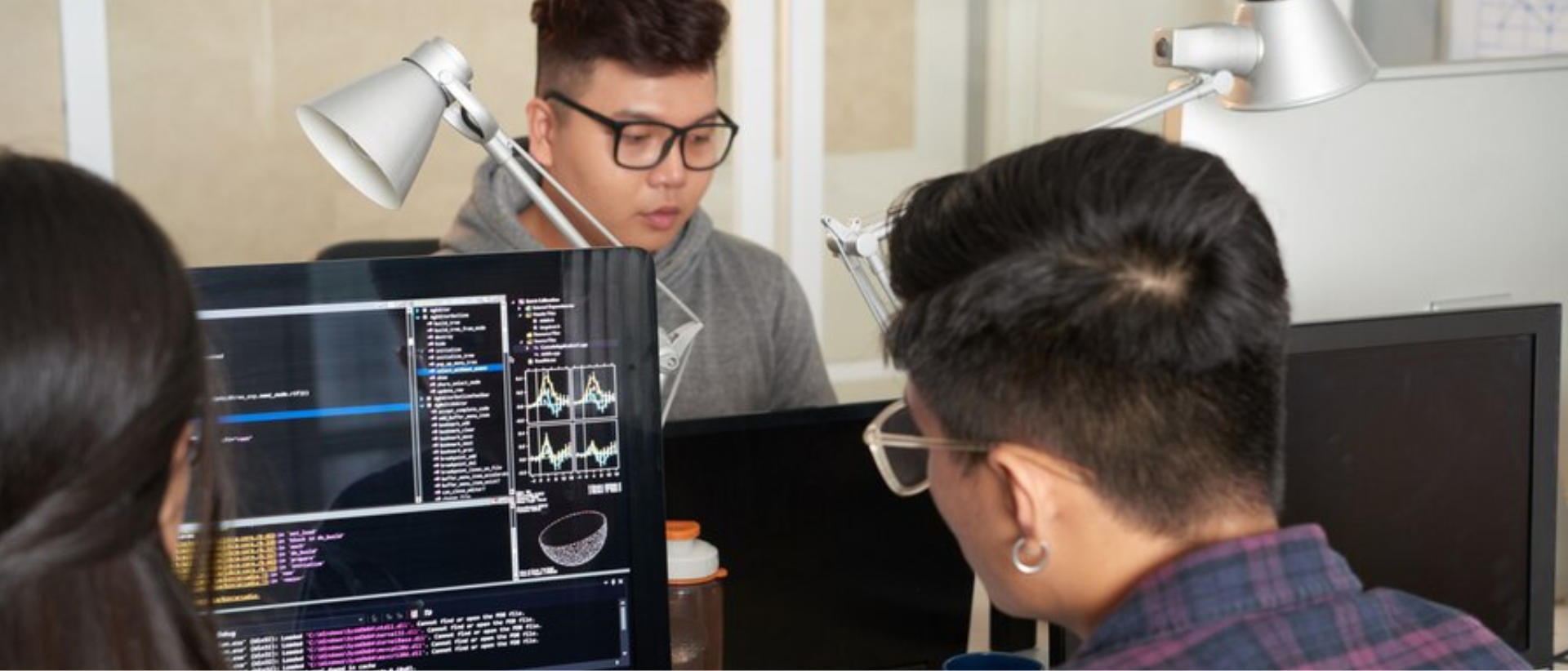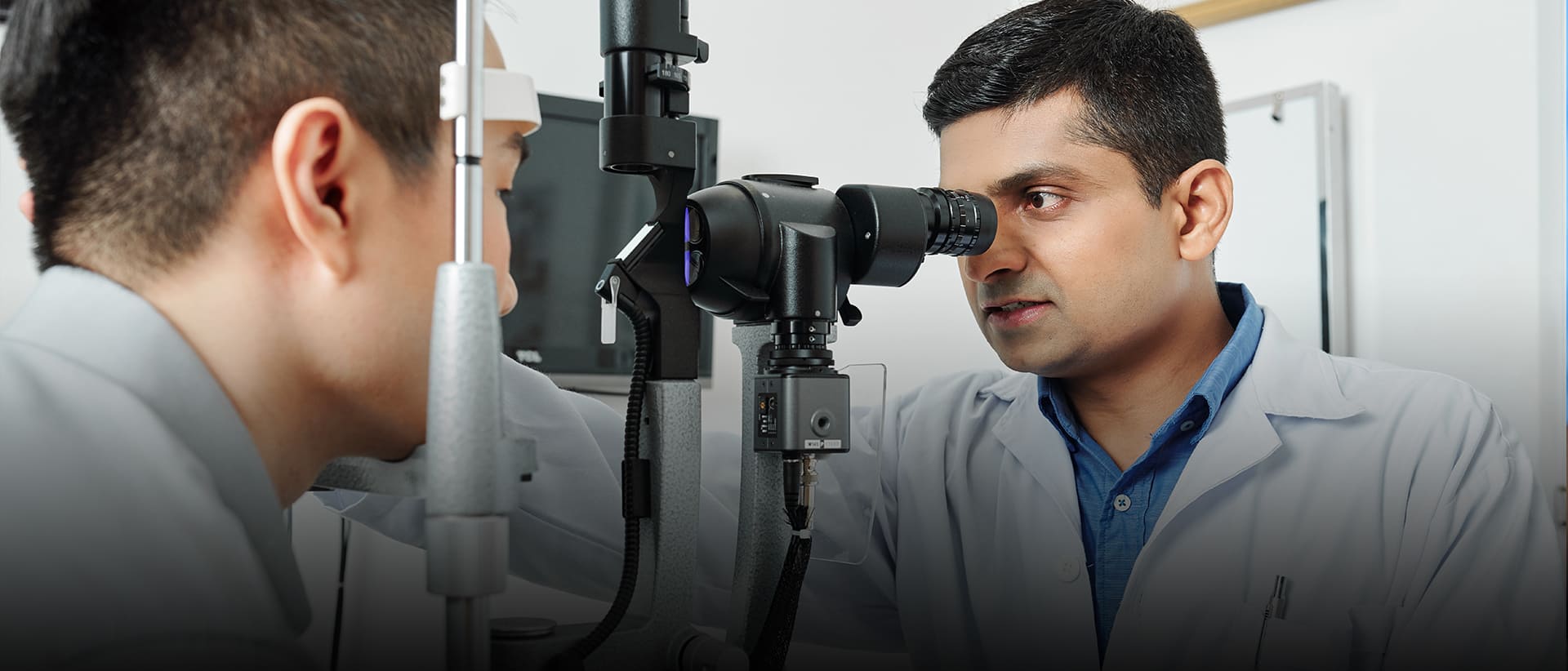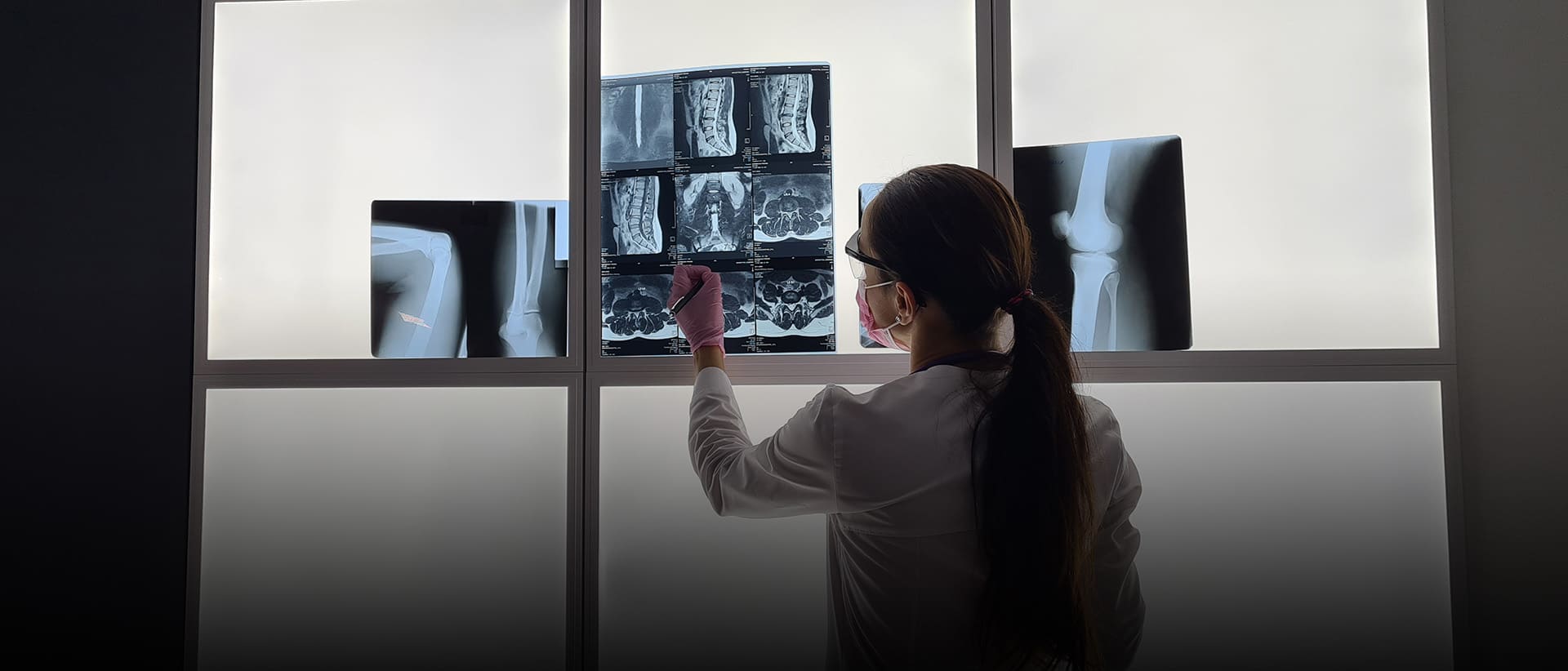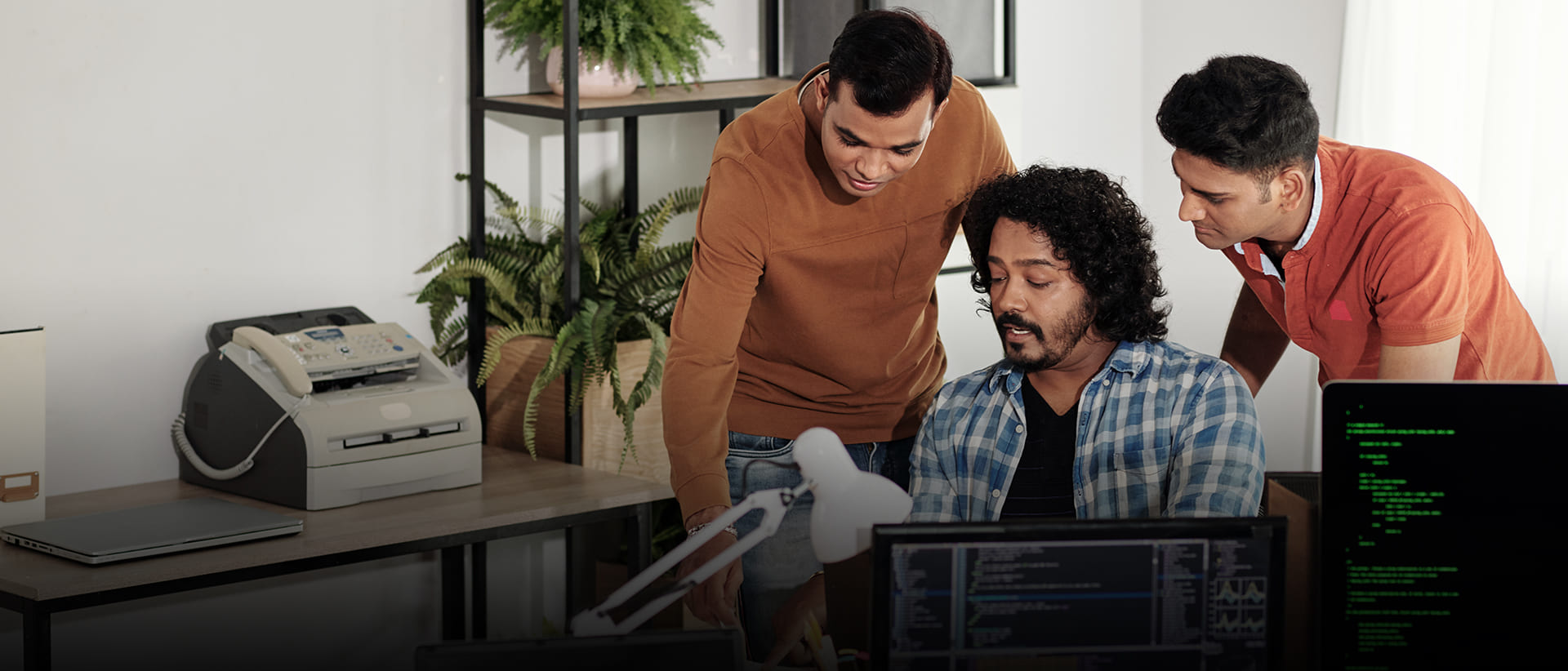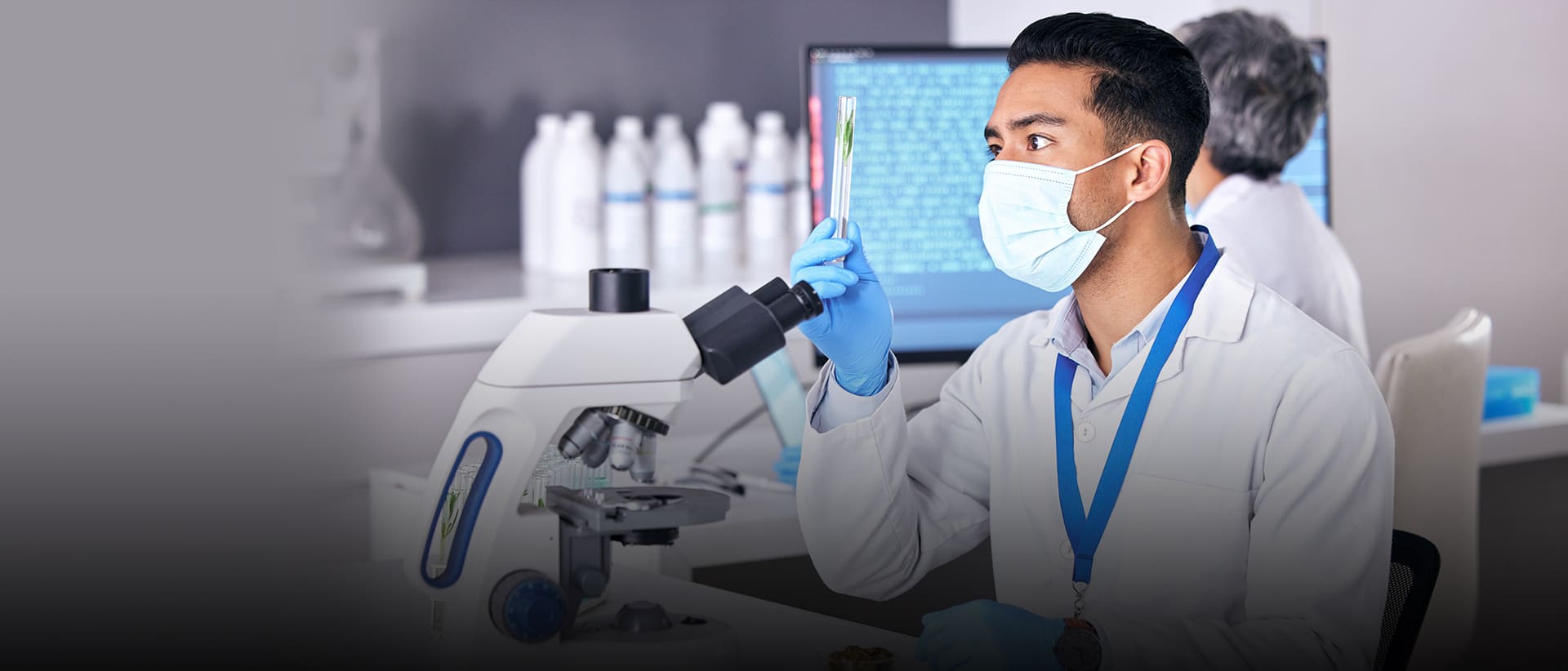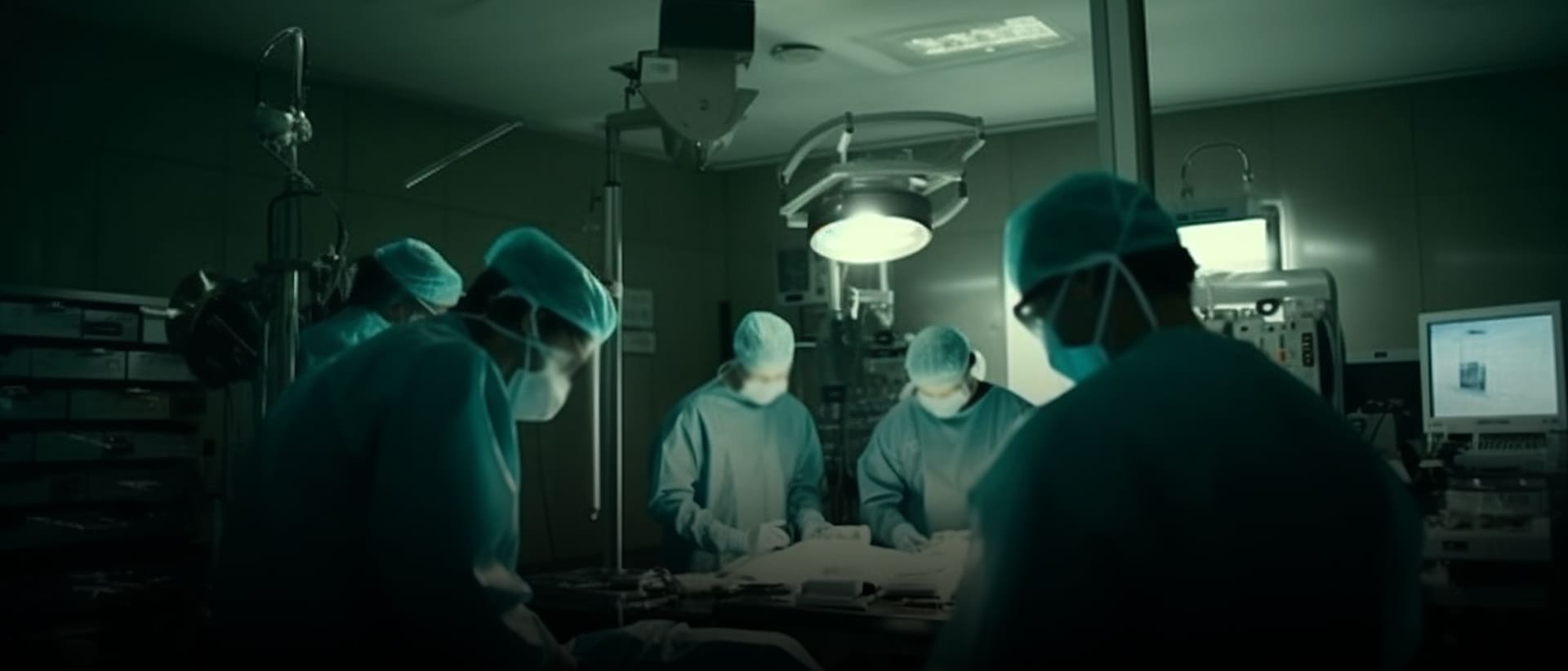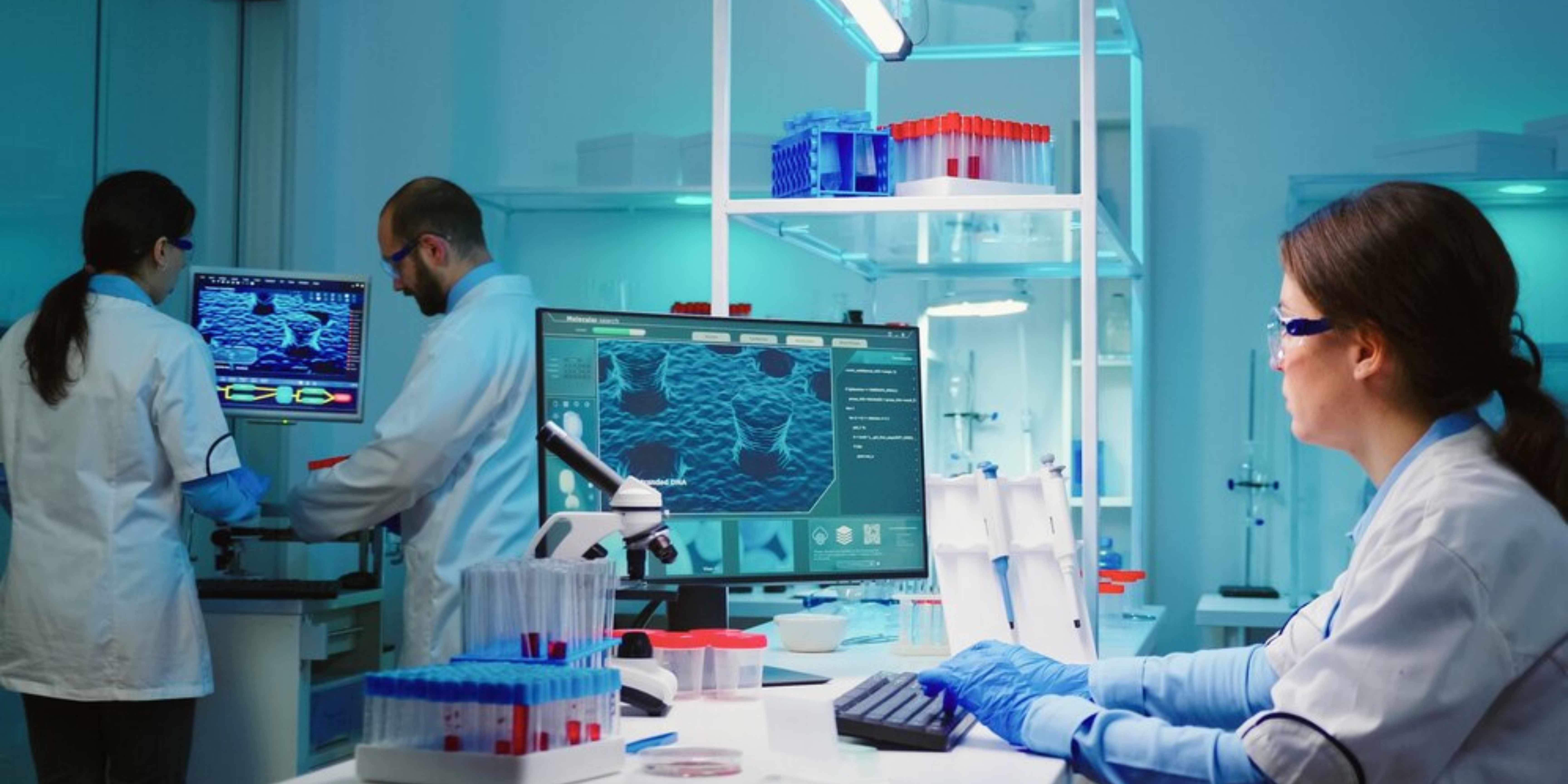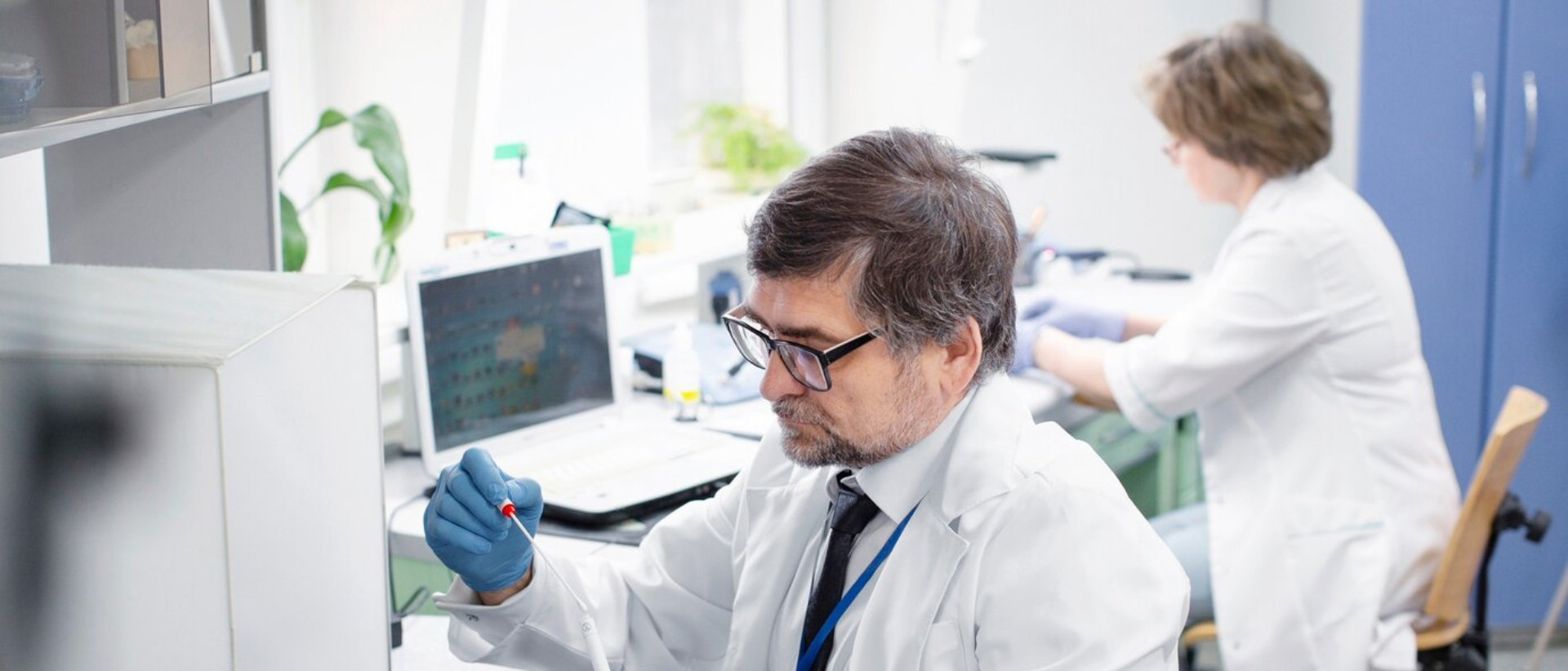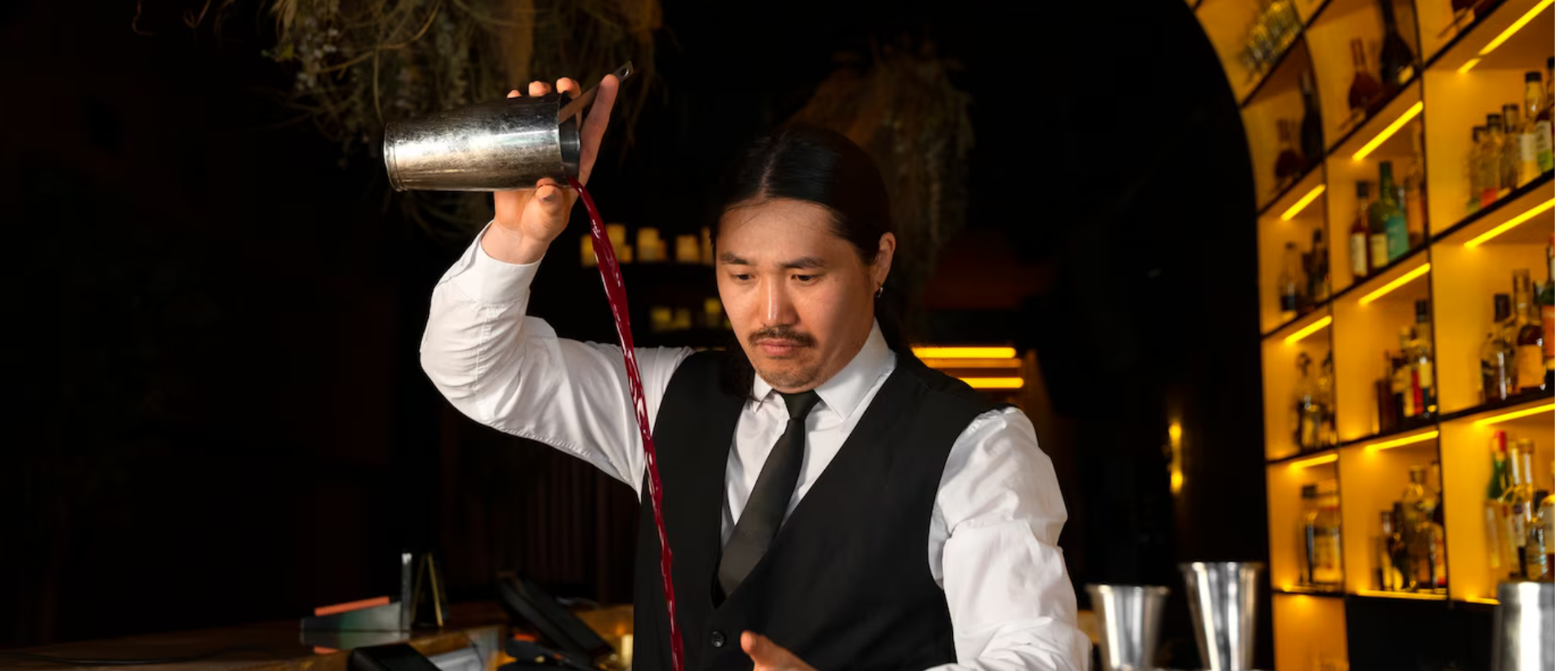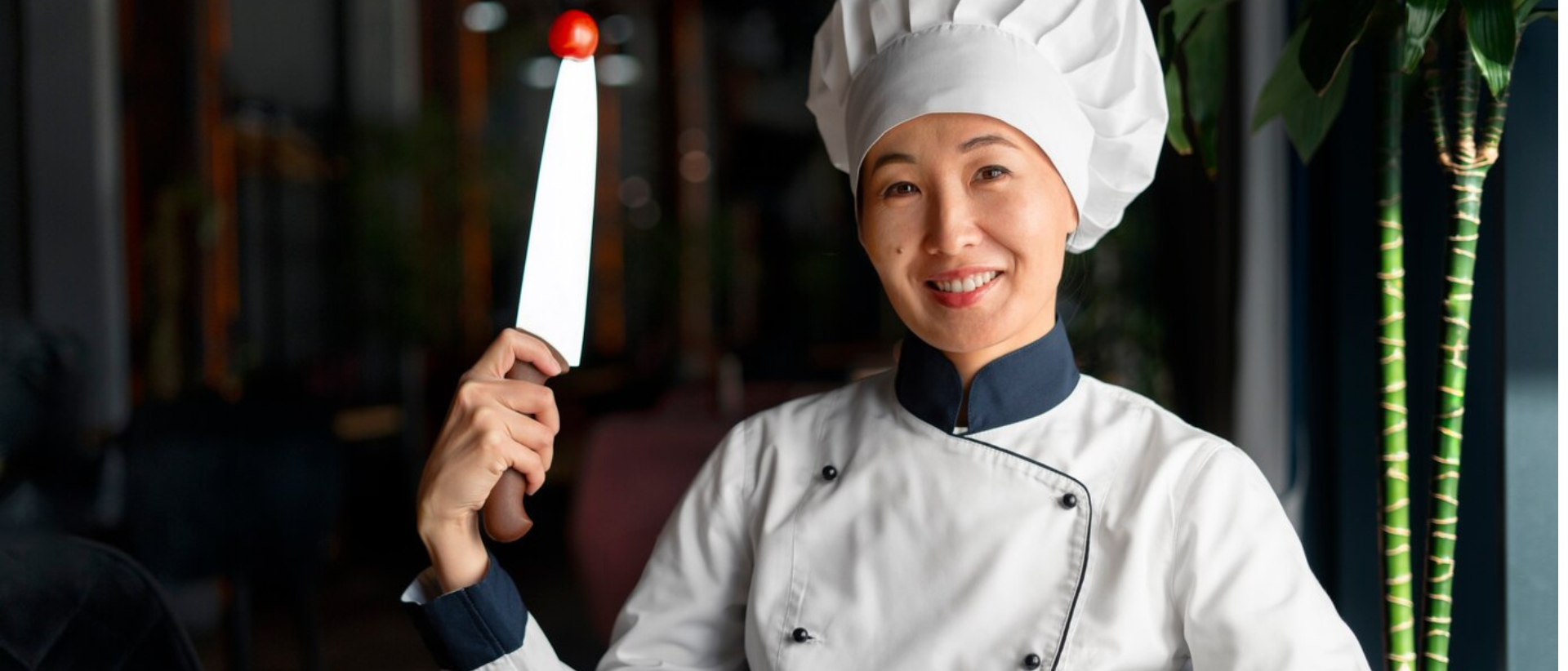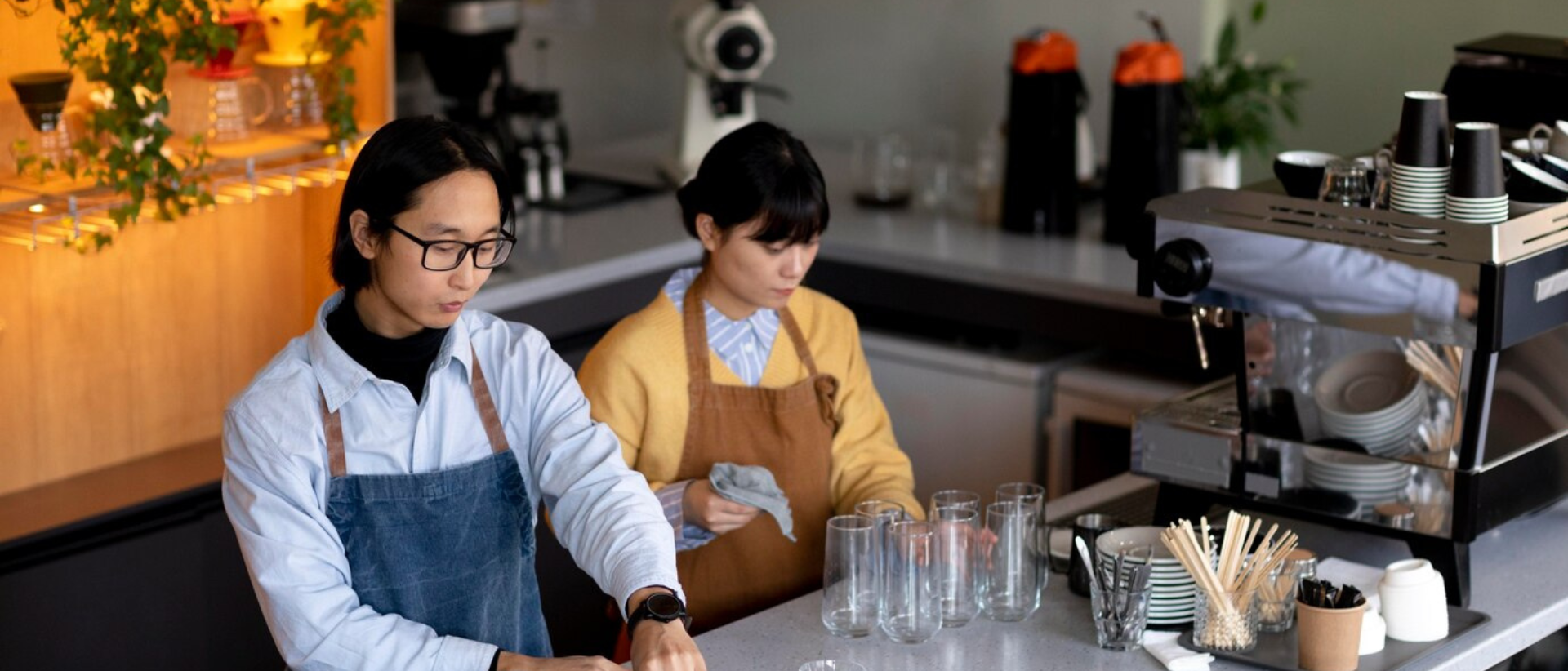The world of culinary arts embodies a captivating fusion of creativity, passion, and expertise, breathing vitality into every dish. It entails the delicate craft of composing irresistible culinary creations, skillfully blending flavors and techniques to orchestrate a symphony for the palate. Similar to a painter's selection of hues for a masterpiece, chefs artfully combine ingredients to not only tantalize taste buds but also mesmerize with visual allure. At its core, culinary arts is about the meticulous fusion of flavors, textures, and techniques, elevating ordinary ingredients into extraordinary delights. From the sizzle of a pan to the fragrance of freshly baked bread, every moment in the kitchen offers a journey through diverse sensory experiences. True masters of this craft, whether renowned chefs, passionate bakers, or dedicated food service managers, are adept storytellers, translating the language of flavors into unforgettable culinary adventures that both enchant and inspire.
A Bachelor of Science in Culinary Arts provides a comprehensive foundation in food preparation, culinary techniques, and food service management. This program delves into food science, nutrition, menu planning, food safety, hospitality management, and business principles. With an emphasis on theoretical understanding and hands-on practice, students acquire proficiency in various cooking methods, cuisines, and leadership abilities. Furthermore, the curriculum underscores sustainability, ethical sourcing, and the integration of technology in modern culinary practices. Upon completion of a BSc in Culinary Arts, graduates unlock a plethora of career paths within the food and hospitality sectors. They may pursue roles as executive chefs, head chefs, pastry chefs, food and beverage managers, catering managers, food critics, culinary educators, or entrepreneurs. Opportunities abound in diverse settings such as upscale restaurants, hotels, resorts, catering companies, food service operations, and culinary schools.
3 Years
The scope of agriculture has existed from time immemorial, beyond the scope of civilization as a whole thus placing agriculture on a position of great social and economic significance.
Eligibility
INDUSTRY LED LEARNING
For an accelerating professional career in 21st Century along with Core Skills, the learner should evolve through Self-directed Learning.


Learn and Earn
Gain practical experience in one of our affiliated national and international hotel organizations while studying and earn great stipend.


On Job learning Experience
Gain valuable on-the-job training while still studying, solving real-world problems and finding practical solutions.


Site Visits
Get the opportunity to visit star hotels in and around Sikkim to see how the industry works and interact with professionals / expertise employed there.


Engaging with Industry Experts
Engaging with industry experts provides invaluable insights and real-world perspectives, enriching the learning experience and preparing students for professional success.


Industry/ Skill Certifications
Validate expertise and proficiency, enhancing employability and credibility in competitive job markets while signaling commitment to continuous learning and professional development.


World Skill Challenge
Showcase the pinnacle of vocational excellence, fostering global collaboration and innovation to advance technical skills and craftsmanship across diverse industries.
For an accelerating professional career in the 21st Century along with Core Skills, the learner should evolve through Self-directed Learning, Self-awareness, Multidisciplinary Problem Solving, Practice of Professional Grade, Digital Comfort, Current Social and Global Dynamics, Employability, and Life Skills. MSU offers an opportunity to customize higher education with a range of specializations/electives.
Foundation Core
A range of compulsory basics of multidisciplinary, professional, general nature customized to match the value and vision of MSU for a robust foundation.
Skill Drill (Elective)
A range of compulsory basics of multidisciplinary, professional, general nature customised to match the value and vision of MSU for a robust foundation.
Major (Elective)
A range of compulsory basics of multidisciplinary, professional, general nature customised to match the value and vision of MSU for a robust foundation.
Minor (Elective)
A range of compulsory basics of multidisciplinary, professional, general nature customised to match the value and vision of MSU for a robust foundation.
Industry Practice
A range of compulsory basics of multidisciplinary, professional, general nature customised to match the value and vision of MSU for a robust foundation.
Capstone Project
A range of compulsory basics of multidisciplinary, professional, general nature customised to match the value and vision of MSU for a robust foundation.
Program Outcomes
PSO 1:
Demonstrate mastery of culinary techniques proficiently executing a diverse range of culinary skills such as sautéing, grilling, baking, and pastry-making to create flavorful dishes.
PSO 2:
Analyze the nutritional content, flavor profiles, and texture of ingredients, empowering them to compose culinary creations that are both balanced and appealing through a thorough understanding of food composition.
PSO 3:
Critically evaluate current trend in the culinary industry, encompassing dietry preferences and sustainability practices, enabling them to make informed decisions regarding menu development and culinary arts.
PSO 4:
Apply leadership and communication skills to coordinate workflow, manage resources, ensure food safety, and maintain quality standards in a professional kitchen environment through effective collaboration with kitchen staff, thereby demonstrating their ability to collaborate effectively in kitchen management.
PSO 5:
Demonstrate effective collaboration in kitchen management by applying leadership and communication skills to coordinate workflows, allocate resources, ensure food safety, and uphold quality standards through cohesive teamwork with kitchen.
PSO 1:
Demonstrate the capability for complex problem-solving
PSO 2:
Demonstrate the capability for critical thinking
PSO 3:
Demonstrate the ability for creativity
PSO 4:
Demonstrate the skills that enable them to communicate effectively
PSO 5:
Demonstrate the capability for analytical reasoning/thinking
PSO 6:
Demonstrate the ability to coordinate and collaborate with others
PSO 7:
Demonstrate the capability for leadership readiness
PSO 8:
Demonstrate ‘learning how to learn" skills
PS0 9:
Demonstrate the capability for digital and technological skills
PSO 10:
Demonstrate multicultural competence and an inclusive spirit
PSO 11:
Demonstrate the acquisition of knowledge and attitude that are required for value inculcation
PSO 12:
Demonstrate the ability for autonomy, responsibility, and accountability
PSO 13:
Demonstrate the acquisition of and ability to apply the knowledge, skills, attitudes, and values required to take appropriate actions for environmental awareness and action
PSO 14:
Demonstrate the capability to participate in community-engaged services/ activities for promoting the well-being of society.
PSO 15:
Demonstrate the ability to identify with or understand the perspective, experiences, or points of view of another individual or group, and to identify and understand other people’s emotions








